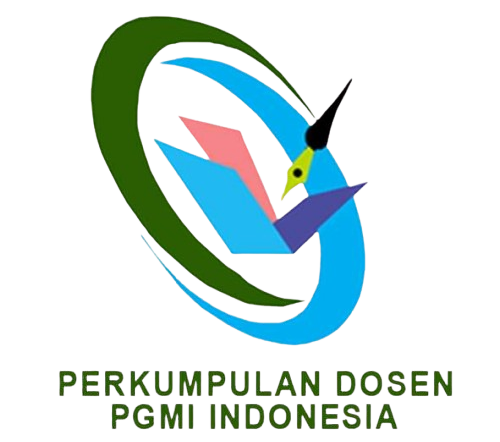Authors hold and retain copyright and grant the journal right of first publication with the work simultaneously licensed under a http://creativecommons.org/licenses/by-sa/4.0 that allows others to share the work with an acknowledgment of the work's authorship and initial publication in this journal.

This work is licensed under a Creative Commons Attribution-ShareAlike 4.0 International License.















